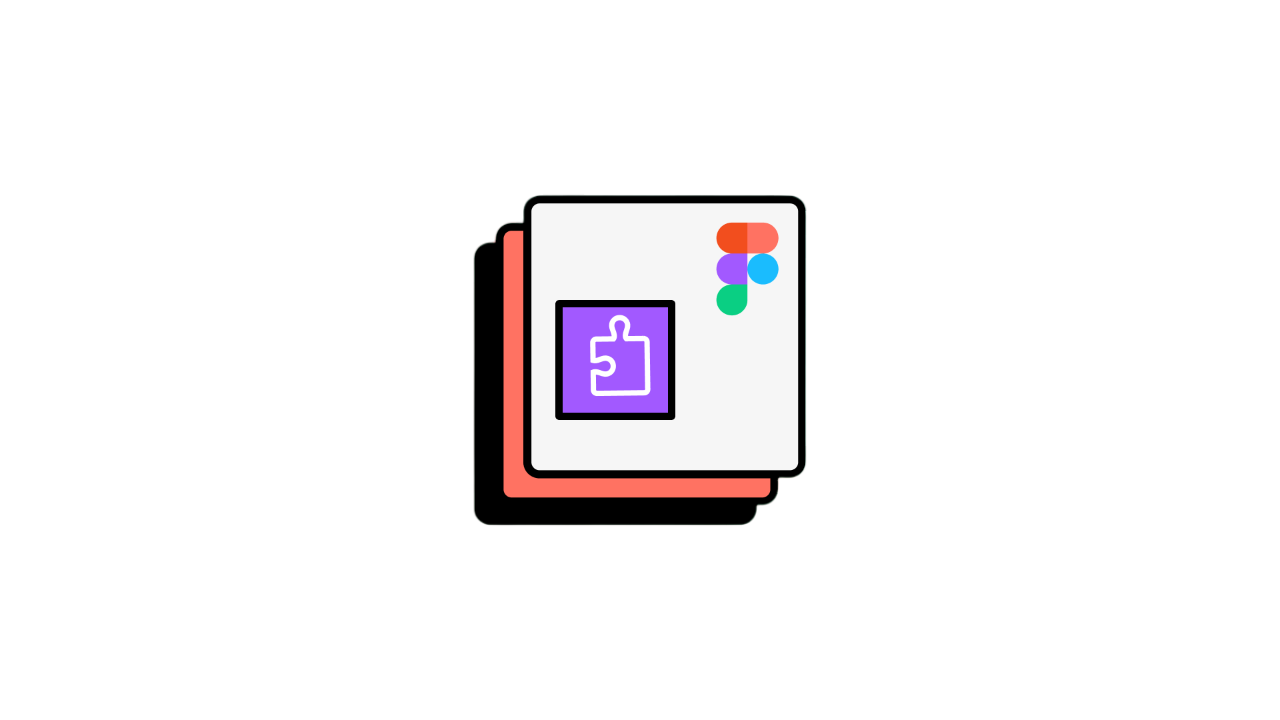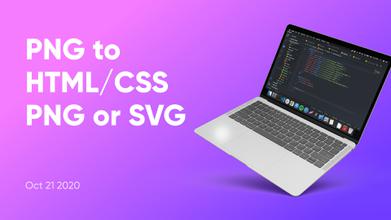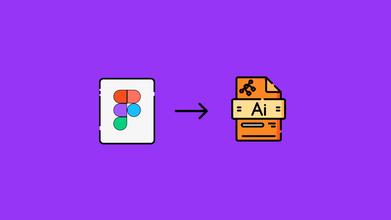Figma 2024: The Future of Design Unveiled
Oct 23, 2023 14478 seen
Figma: A Recap of Evolution
In the fast-paced digital design world, Figma has established itself as a frontrunner, constantly pushing the boundaries of collaboration and innovation. As we enter 2024, the design community eagerly anticipates what Figma has in store. Let's explore the latest news, features, and updates that define Figma's trajectory in this pivotal year for digital design.
Since its inception, Figma has been a game-changer for designers and teams. Its cloud-based collaborative platform allows designers to work in real time, fostering seamless teamwork irrespective of geographical constraints. This approach has redefined how design projects are executed, making the design process more interactive, efficient, and inclusive.
Over the years, Figma has garnered immense popularity within the design community and beyond. Its intuitive interface, robust feature set, and commitment to keeping up with industry trends have positioned it as a go-to tool for UX/UI designers, product managers, and developers. The platform's adaptability and continuous updates have been pivotal in widespread adoption.
Figma 2024: Breaking News and Exciting Updates
AI-Powered Design Assistance:
Figma's foray into artificial intelligence is making waves in 2024. The platform has integrated AI algorithms to provide design assistance, automate repetitive tasks, and offer intelligent suggestions. This expedites the design process and empowers designers to focus on more creative aspects, knowing that routine elements are handled with finesse.
Enhanced Prototyping Capabilities:
Prototyping is a cornerstone of the design process, and Figma is taking it a step further in 2024. The platform now boasts enhanced prototyping capabilities, allowing designers to create more interactive and dynamic prototypes. With micro-interactions, advanced transitions, and the ability to simulate user flows, Figma is positioning itself as a one-stop solution for the entire design workflow.
3D Design Integration:
Recognizing the growing importance of 3D design in various industries, Figma has introduced native support for 3D design elements. Designers can seamlessly integrate 3D models into their projects, opening up new possibilities for creating immersive and visually stunning user experiences. This move reflects Figma's commitment to staying ahead of the curve and catering to the evolving needs of the design community.
Collaboration Beyond Design:
In 2024, Figma is expanding its collaboration features beyond design. The platform now supports collaboration on design systems, allowing teams to work together in defining and maintaining design principles, components, and patterns. This holistic approach fosters a unified design language across projects, ensuring consistency and efficiency in large-scale design endeavors.
Real-time Augmented Reality (AR) Preview:
Figma introduces a real-time AR preview feature as AR becomes increasingly relevant in the digital landscape. Designers can now visualize how their designs will appear in an augmented reality environment directly within the Figma interface. This functionality streamlines the AR design process and facilitates better communication and understanding among team members working on AR projects.
Community Engagement and Figma Plugins
Community-Driven Design Resources:
Figma has always strongly emphasized community engagement, and 2024 is no exception. The platform now features an expanded set of community-driven design resources, including templates, icon sets, and design kits. This collaborative approach enriches the design ecosystem and empowers designers with a wealth of readily available assets.
Plugin Ecosystem Flourishes:
The Figma plugin ecosystem continues to thrive, with an influx of new and enhanced plugins in 2024. These plugins, developed by the Figma team and the community, extend the platform's functionality, addressing specific needs and workflows. From accessibility checkers to design version control, the plugin ecosystem reflects Figma's commitment to customization and adaptability.
Figma Education Initiatives
Figma for Education Program:
Acknowledging the role of Figma in design education, the platform introduces the "Figma for Education" program. This initiative aims to make Figma more accessible to students and educators, providing educational institutions with tools and resources to integrate Figma into their design curricula. By fostering early familiarity with Figma, the program sets the stage for future designers to enter the industry with a solid foundation in collaborative design tools.
Webinars and Tutorials:
Figma is ramping up its webinar and tutorial offerings to support the learning curve for new and existing users. These resources cover various topics, from beginner guides to advanced design techniques. The emphasis on education aligns with Figma's commitment to empowering designers at all skill levels, ensuring they can maximize the platform's capabilities.
The Future of Figma
As we look ahead to 2024, Figma's commitment to innovation and user-centric design positions it as a frontrunner in the competitive landscape of design tools. Integrating AI, enhanced prototyping, 3D design support, and a holistic approach to collaboration signal Figma's dedication to staying at the forefront of industry trends.
Figma's community-driven approach, thriving plugin ecosystem, and educational initiatives further solidify its role as a design tool and a catalyst for fostering creativity and collaboration within the global design community. As designers continue to push the boundaries of what's possible in the digital realm, Figma stands as a reliable and forward-thinking partner, ready to evolve alongside the dynamic landscape of digital design. In 2024, Figma is not just a tool; it's a testament to the ever-evolving nature of design itself.


